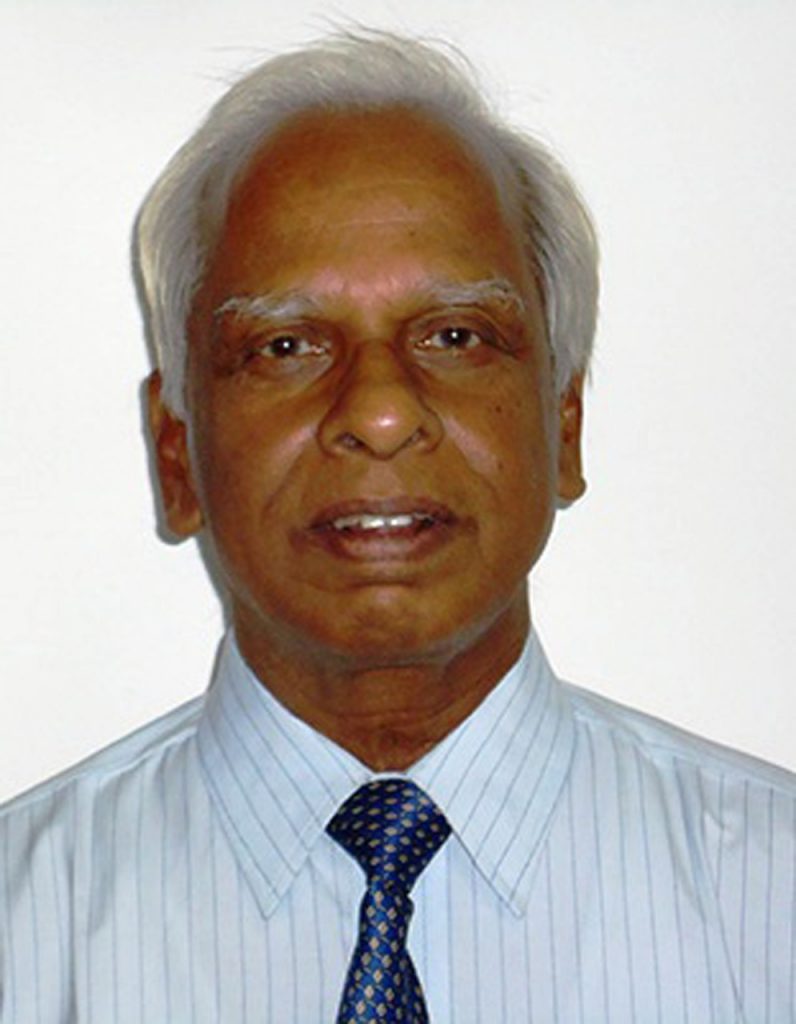In Sanskrit puranic literature there is no Lakshmi Purana; neither is there a purana in which Lord Jagannath and his brother Lord Balarama begged. Nor did Lord Vishnu, who, over the centuries, has come to be identified with Jagannath, beg to satisfy his hunger. Lord Vamana had begged, true, but not for reasons of hunger. From this point of view, Balarama Das’ Lakshmi Purana may be the first “local” Odia purana.
The much-celebrated sixteenth-century poet called this short puranic composition a “purana” and unless one is finicky about category labels like scholars often tend to be, one could generously accept the poet’s label. Lakshmi Purana is not the best work of the poet but is certainly the most well-known work of his, the reason being that it is connected with a very popular religious observance, namely “Manabasa”.
By the way, before Jagannath begged for food, Lord Shiva had done so. As the popular legend goes, Goddess Parvati left him when he told her that he did not need her. Shiva did not know how to make food; so he left his divine abode and begged for food in the mortal world. But whatever he got could not appease his hunger. He finally went to Kashi, where at Goddess Arnapurna’s temple, he begged. Food from the goddess satisfied his hunger.
The great god pleaded with his spouse to return home and she readily did. The basic story of Lakshmi Purana is very similar to this. One significant difference is that Goddess Lakshmi returned to Bada Deula (Big Temple), as it is popularly known, when her spouse, Jagannath, granted her wish that no caste difference would be observed in the partaking of mahaprasada, as the Supreme Lord’s prasada is famously called.
She is the one who makes that food for him. For this little story, Balarama Das has been hailed as a revolutionary – in the time of Brahminism, he had rejected casteism and stood up for the low caste people.
The story is essentially this: One day Balarama saw his sister-in-law, Lakshmi, coming out of the low caste woman Shreeya’s house. This made him very angry. So, that was what she was doing all along, he thought. She was entering the houses of people irrespective of their caste and returning to the Big Temple, she was directly going to the kitchen to prepare food for them.
She had thus been polluting them day after day. But whatever had happened had happened. He would not allow this to happen any longer. He sternly told his younger brother not to allow his spouse to enter the Big Temple. So Jagannath told Lakshmi not to enter the temple. Her pleadings to allow her in were of no avail and she left.
But she was no Parvati of the Arnapurna story; she was not the one who would take this great injustice to her lying down. She wanted to teach the brothers a lesson. The way she strategized her fight against the mighty is stuff for a course on strategy and leadership at a good management institute. So persuasive was she that Jagannath’s own attendants betrayed him and the gods and the goddesses, whose help she sought, cooperated with her. The hungry brothers, in the guise of brahmins, begged for food and even when someone gave them food, the wind blew it away or something similar happened.
Finally, not knowing that it was Lakshmi’s palace, they begged for food there. They were told by the attendants that the palace belonged to a low caste woman. For fear of pollution, they asked for uncooked foodstuff which they themselves would cook. But the fire would not burn and the water in the cooking pot would not boil. They gave up and utterly famished, they told the attendants that they had no issues about having food cooked in the abode of a low caste woman.
So, Lakshmi cooked food for them and ensured that the items were served in the order in which they were served to them in the Temple. The brothers did not fail to note the significance of the fact that the items, the way they were served and their taste were far too familiar. Balarama told Jagannath to apologise to Lakshmi on his behalf and bring her home.
He told him to convey it to her that she could go wherever she liked and never would there be any restriction for her in this regard. Lakshmi told Jagannath that she had a condition for her return, which we have mentioned earlier. Jagannath readily agreed and the goddess happily returned to the Temple.

Come to think of it, Lakshmi Purana is more about the wife’s demand for space in her family than about rejection of casteism. Lakshmi wanted limited freedom within the framework of the family – she would visit any house she liked, be it the house of a high caste person or of a low caste person. Even before she said it, her brother-in-law, Balarama, had granted it to her. But did this really change Shreeya’s situation? The goddess had made her rich but did it change her social status?
There is no evidence, not even indirect, in Lakshmi Purana suggest that that indeed had happened. Shreeya continued to live on the periphery both in the physical and the social sense – she couldn’t visit the high caste people, neither did they mingle with her. Lakshmi could visit her but she couldn’t enter Bada Deula to have her darshan.
The goddess didn’t ask for this privilege for her. She didn’t demand that the caste-based pollution must not apply to all cooked food – that the high caste people could eat the food cooked by a low caste person. Her demand was restricted to mahaprasad alone.
Now, make no mistake about it – Lakshmi Purana is indeed a revolutionary composition; it is just that contrary to the popular view, it embodies a protest primarily against the denial of space in the family to the devoted wife, committed to her husband’s family and only secondarily against the caste-based discrimination in the society.
(The views expressed are the writer’s own)

Prof. B.N.Patnaik
Retd. Professor of Linguistics and English, IIT Kanpur
Email: [email protected]
(Images from the net)

